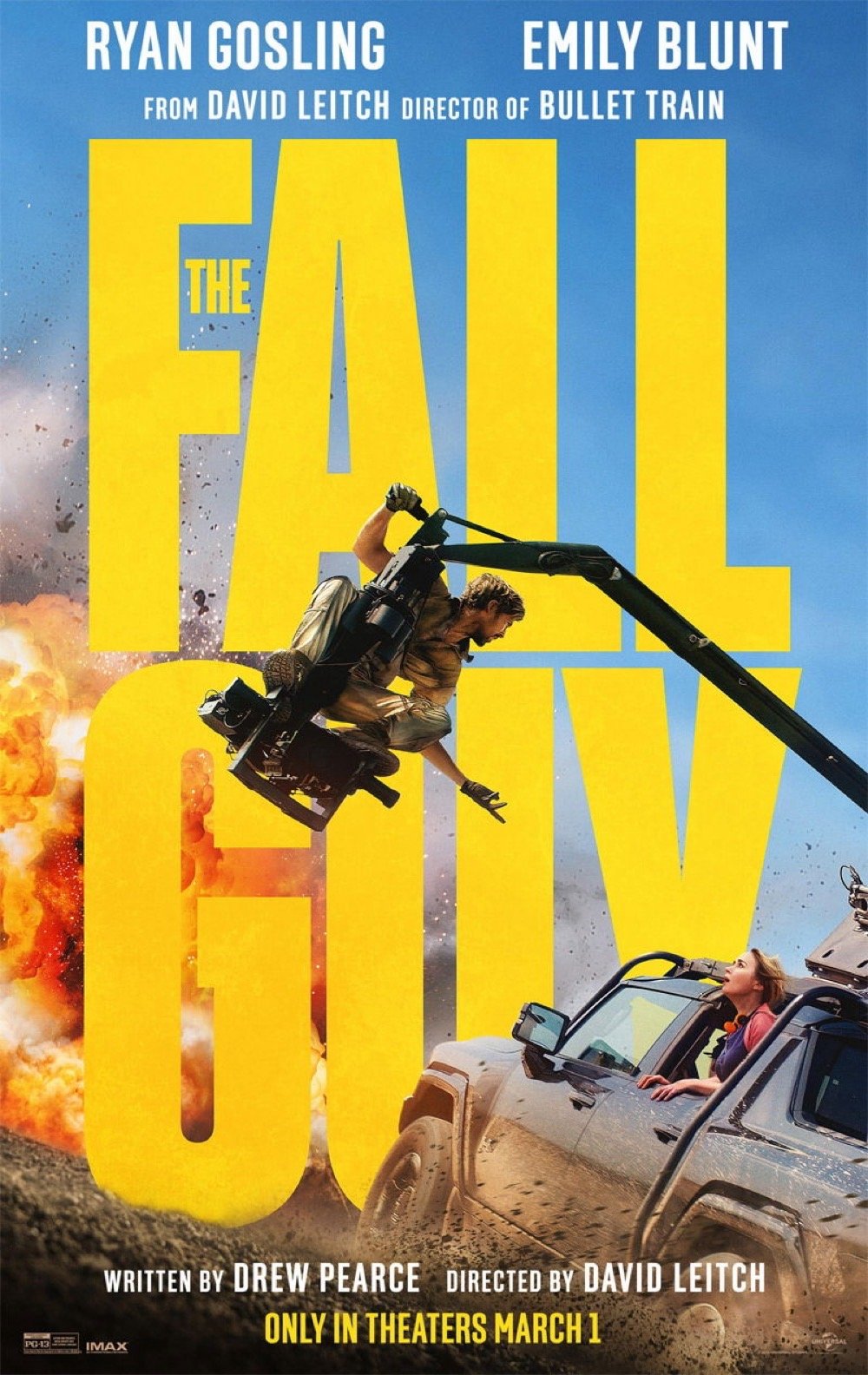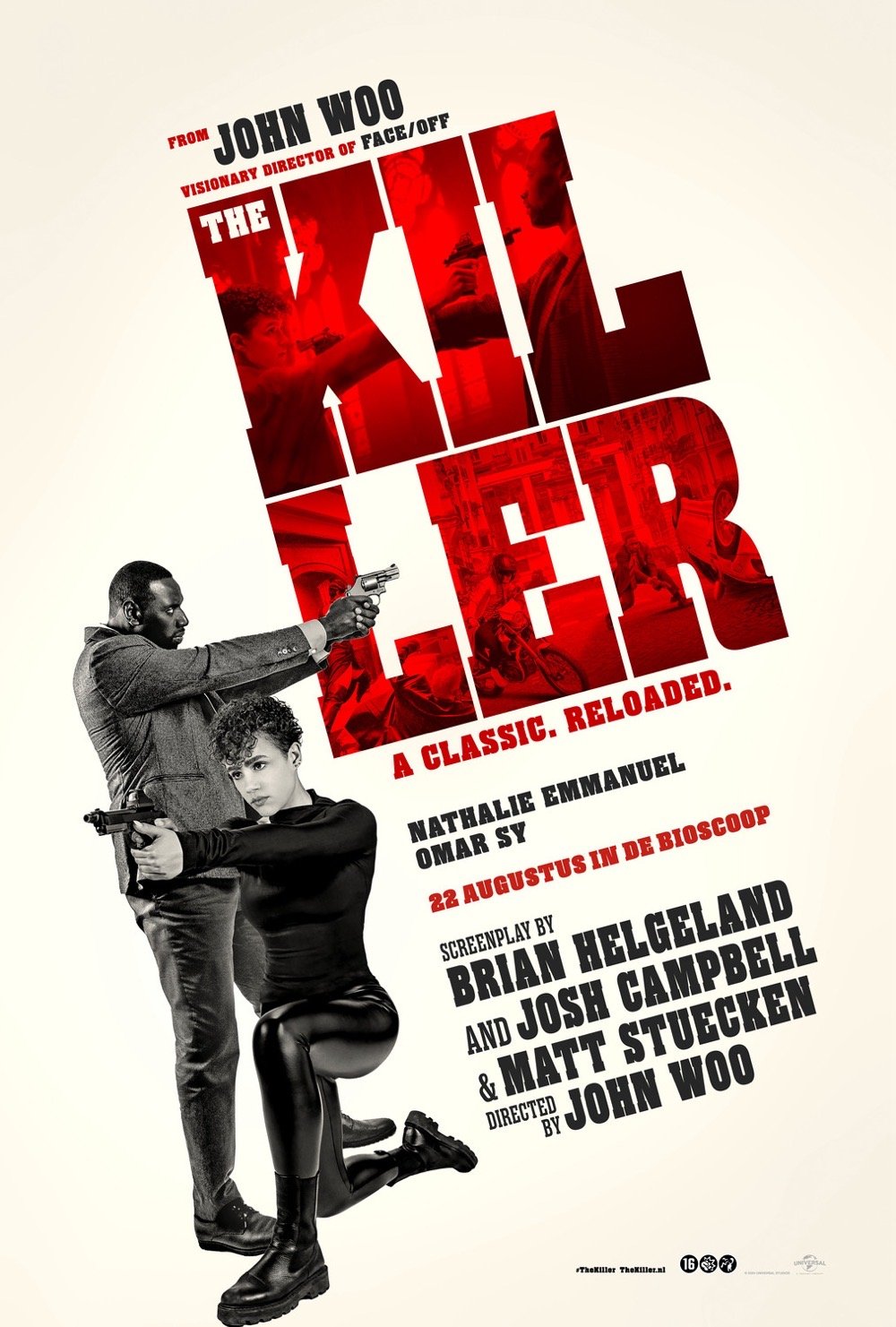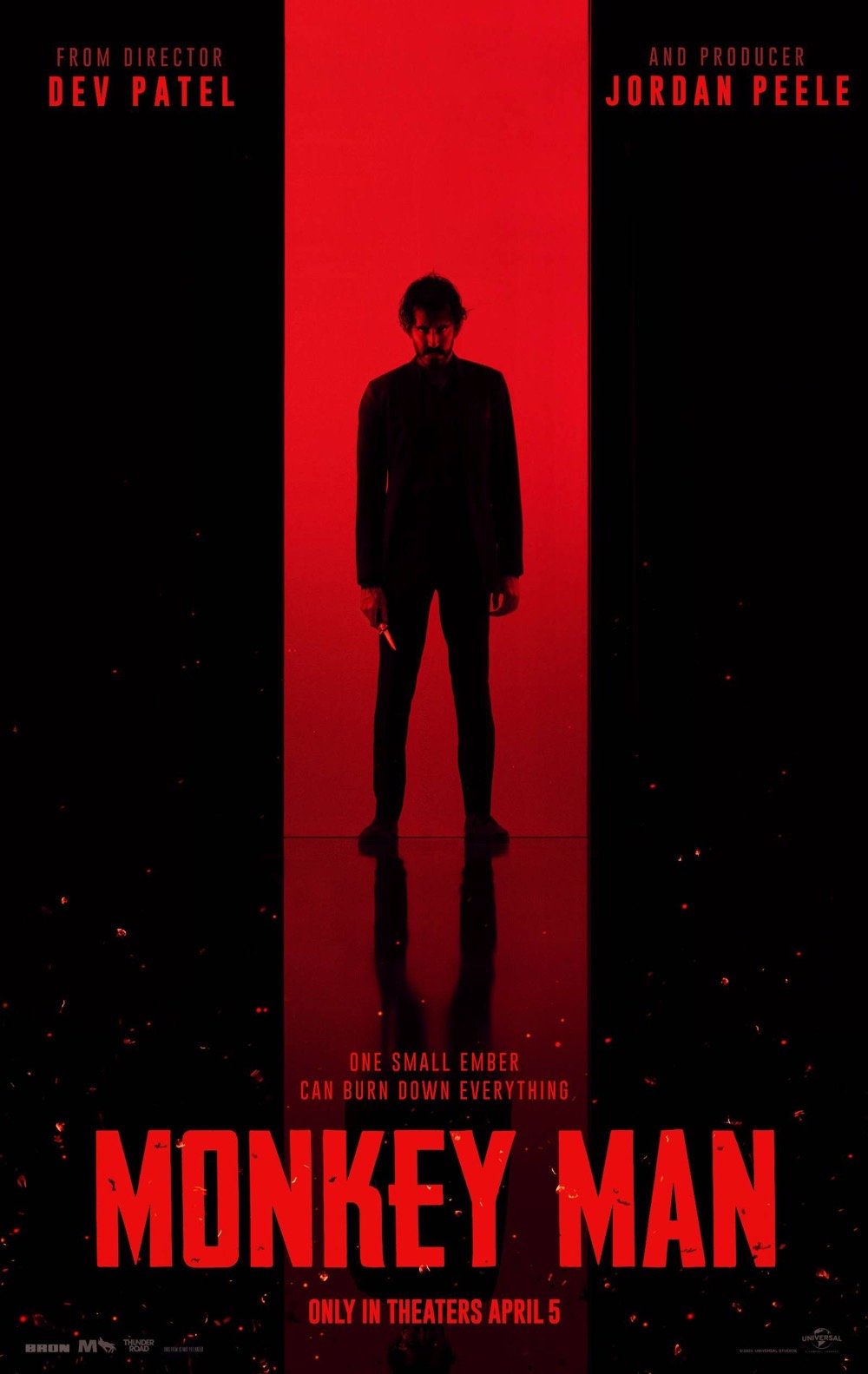Given my creative history in the world of classical music, a world for which I hold both such utter love (the output) and utter contempt (the milieux) – fairly or otherwise – that Field and Blanchett capture with such startling accuracy, writing about TÁR with any objectivity has been a challenge: experiencing the film triggered more than a little bit of heretofore unknown and seemingly unresolved PTSD from my music school / conservatory days – none of it having anything to do with the film's overarching subject matter, but rather the onslaught of a creative doubt that I haven't felt since I ran away from the hallowed caocophy of institutionalized music education 20 years ago.
(It's not often that I can write the following words so I'm going to write them here, because they sum up the entirety of my music school experience: I should've listened to Branford Marsalis.)
Nonetheless, objectivity: Cate Blanchett is mesmerizing – as if she ever isn't – in a career-best performance in a career of career-best performances, thanks in no small part to the inspired writing (the pace and tone and subject matter brought to mind John Patrick Shanley's DOUBT) and directing of Field (I want to say he needs to make more films, but if we get a film like TÁR 16 years after the remarkable LITTLE CHILDREN, he can take as much time as he needs) and supporting players, especially Nina Hoss and Noémie Merlant – and a welcome small part from Julian Glover.
The thing that sticks with me, the thing I'm drawing into my own work, though, is Field's deft handling and rhythmic manipulation of the smallest elements into the most unmooring reverberations: a masterclass in the value of (hyper)vigilant attention to detail.







